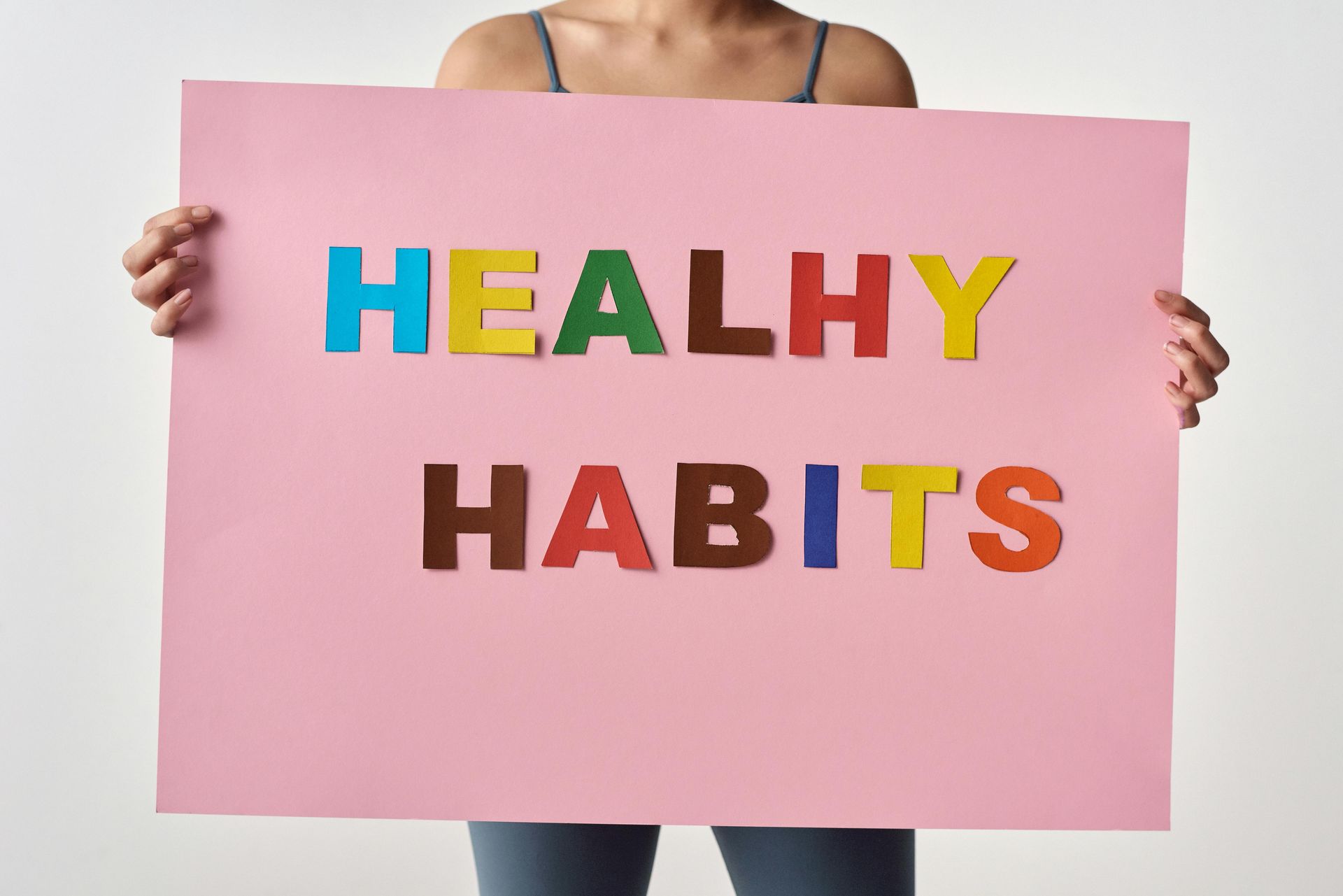Menopause and Mental Health
Supporting Women at Work and Beyond

October marks Menopause Awareness Month and is a time to increase understanding and compassion for a life stage that affects millions of women, yet still isn’t discussed openly enough. This Menopause Awareness Month, it has been my pleasure to collaborate with Spectrum Life, Lesley Haslam from Over The Bloody Moon, and Maggie Campbell from NEST. Organisations leading the way in making menopause education visible and empowering. Together, we’re helping women and workplaces move from awareness to action.
As a Health Psychologist working in weight management and diabetes, I often meet women who come seeking help for issues like low motivation, emotional eating, or difficulty managing blood sugar. But as we explore their experiences, it frequently becomes clear that wrapped within these challenges are hormonal changes linked to perimenopause or menopause.
Recognising this connection transforms the conversation. It helps women see that what they’re experiencing isn’t a lack of willpower but it’s a blend of psychological, physiological, and hormonal changes that deserve understanding, not judgment.
Understanding Perimenopause and Early Menopause
Perimenopause, the transitional phase before menopause, can begin much earlier than most expect and sometimes in a woman’s 30s or early 40s. Fluctuating oestrogen and progesterone levels can affect mood, sleep, energy, anxiety, and concentration. For others, early menopause can be triggered by medical treatment, surgery, or long-term conditions such as PCOS (polycystic ovary syndrome) and endometriosis. These conditions often cause hormonal imbalances that make menopause symptoms appear sooner or feel more intense.
When women seek help for weight management or diabetes, these overlapping health factors can complicate progress. Addressing both the metabolic and hormonal aspects allows for a more compassionate, effective approach to wellbeing.
The Mind–Body Connection
From a clinical perspective, menopause isn’t just physical. Hormonal fluctuations affect neurotransmitters such as serotonin and dopamine which are crucial for regulating mood, focus, and emotional balance.
In weight and diabetes management, this interplay is significant. Changes in hormones can influence insulin sensitivity, appetite, and sleep, making blood sugar and weight harder to regulate. Many women feel frustrated that their previous habits no longer work, often internalising this as failure.
Small, Sustainable Steps for Perimenopause and Menopause Support
Behaviour change works best when it’s small, steady, and sustainable. These lifestyle and psychological strategies can support women through menopause and beyond:
- Protect rest and rhythm – Sleep changes are common. Keep regular routines and build rest into your schedule. For solopreneurs, plan downtime as a strategic part of your workflow.
Eat to stabilise energy and mood – Balanced meals with lean protein, fibre, and healthy fats support blood sugar and emotional regulation. This is vital for women managing menopause and diabetes.
- Move with self-compassion – Regular movement helps manage stress and supports cognitive function. Choose what feels good, for example, walking, yoga, swimming, rather than pushing through exhaustion.
- Practice emotional awareness – Track your thoughts and energy patterns. Recognising links between stress, mood, and behaviour builds resilience and self-understanding.
- Prioritise connection – Whether through workplace networks, online communities, or women’s health groups, connection reduces isolation and supports mental wellbeing.
Creating Psychological Safety in the Workplace
In organisations, psychological safety which is the ability to speak up without fear is key to supporting women’s health. Many women experiencing menopause symptoms at work report anxiety, low mood, or confidence dips, yet hesitate to speak up due to stigma or misunderstanding.
Whether you lead a team or lead yourself, empathy matters. Recognising menopause, perimenopause, PCOS, and endometriosis as real and impactful fosters belonging and psychological safety.
Inclusive workplaces can:
- Normalise menopause and perimenopause support in wellbeing policies.
- Provide education for leaders and managers.
- Offer flexibility for fluctuating energy or symptoms.
- Encourage empathy and open dialogue.
Such initiatives help retain skilled, experienced women and demonstrate that wellbeing is central to performance.
The Solopreneur Experience: Self-Leadership Through Menopause
For women working solo or running their own businesses like myself, the challenges of peri/menopause can feel uniquely isolating. Without a team or HR structure, it’s easy to prioritise productivity over self-care.
Therefore, it is even more important to practice self-leadership to:
- Work with your energy, not against it. Adjust schedules to match your natural rhythm.
- Reframe rest as resilience. Rest is a productive business strategy, not a luxury.
- Replace perfectionism with progress. Menopause offers a chance to redefine success through balance, wisdom, and purpose.
By recognising these shifts and responding with compassion, women can sustain both wellbeing and business growth.
If you’d like to explore how psychological approaches can support women through menopause, weight management, and diabetes in both workplace and independent settings, then please get in touch or book a session.
If this blog resonated with you, you’ll love my monthly newsletter where I share more tools to help you stay consistent, even on busy days. Sign up here: www.evokinghealth.co.uk
Wishing you ease and energy as you move through the week.
If you’d like to connect, you can reach me at: info@evokinghealth.co.uk
Best wishes,
Dr Neesha Patel
Chartered Health Psychologist & Founder of Evoking Health Ltd.









